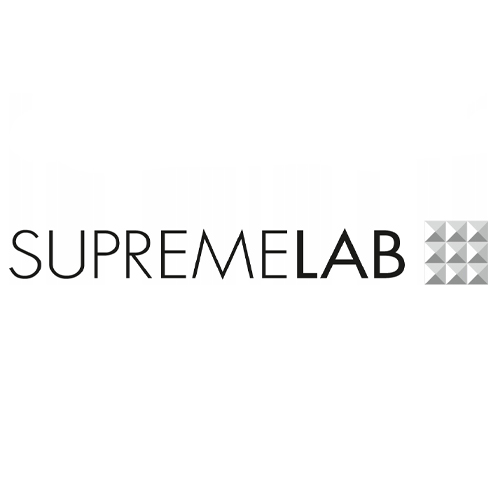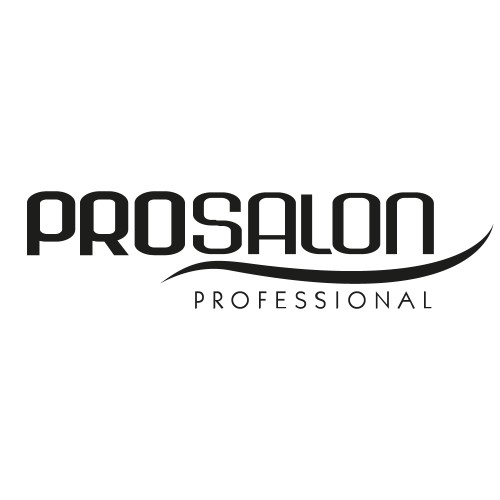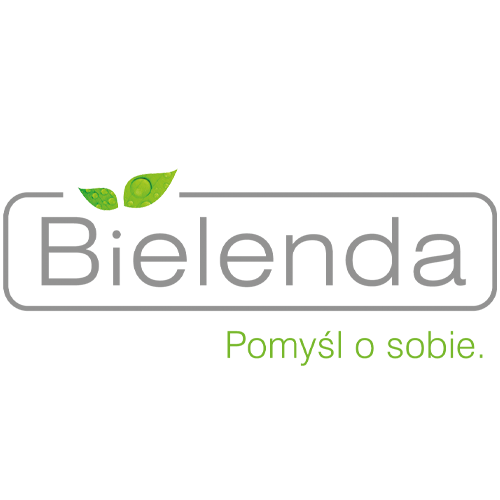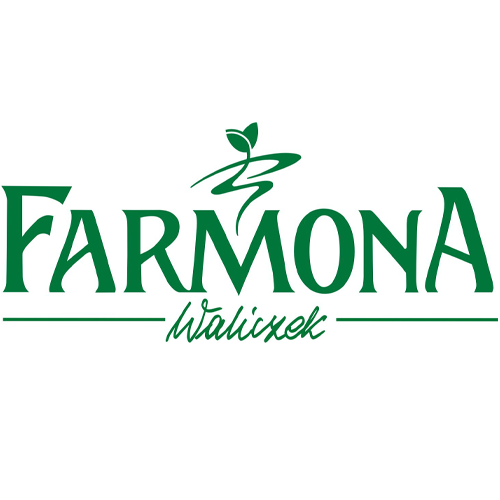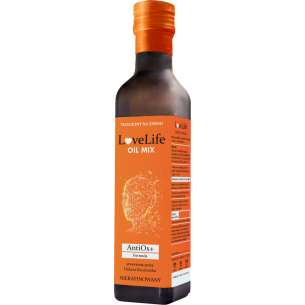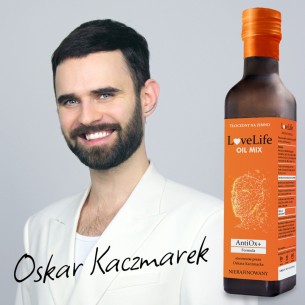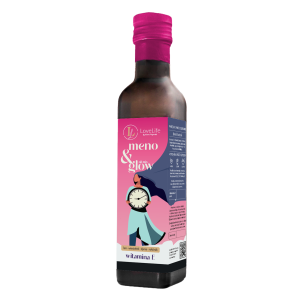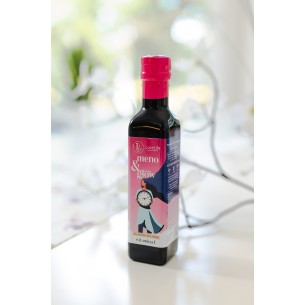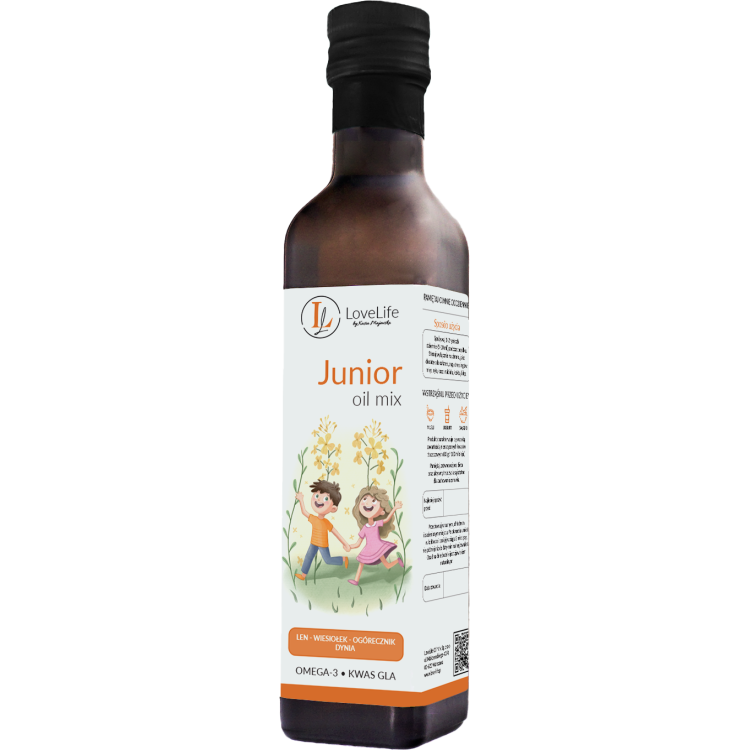
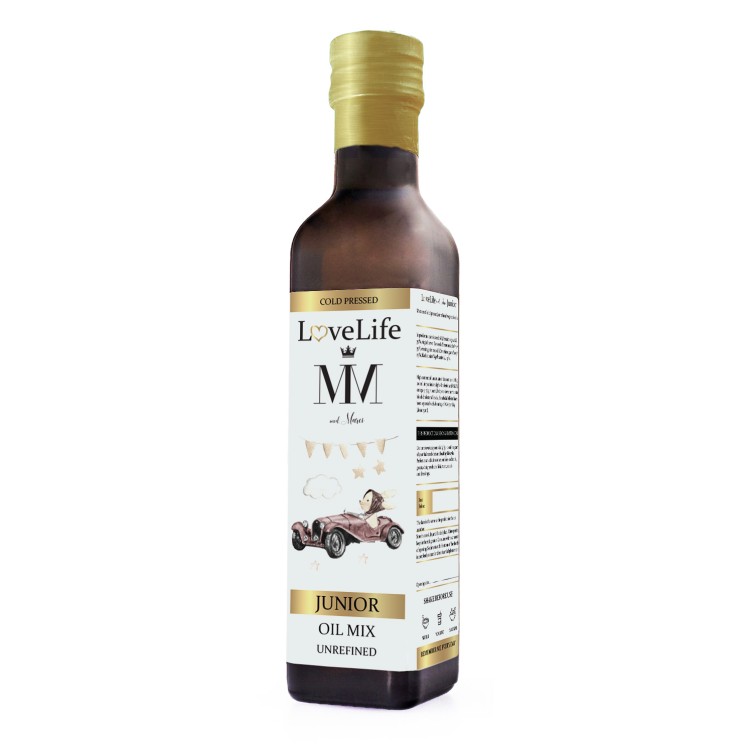
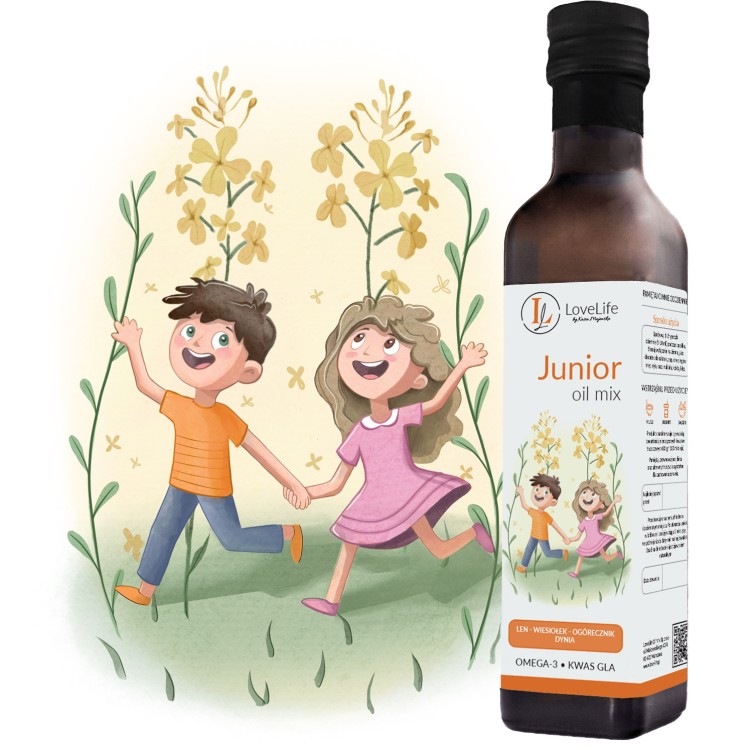
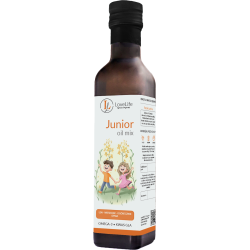
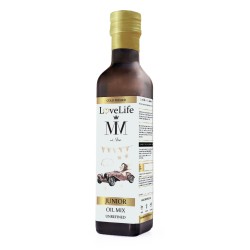
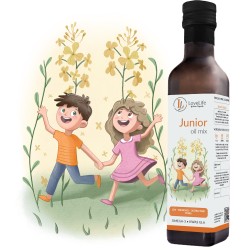
New Formula Pre-Sell!
available for dispatch from 31st March
Natural support for your child’s daily nutrition
This
carefully crafted oil blend is designed to complement your child’s everyday
diet with valuable fatty acids.
It contains plant-based omega-3s from flaxseed oil. The addition of evening
primrose and borage oils gives the blend a delicate character, and pumpkin seed
oil adds a mild, pleasant taste your child will enjoy.
Why choose this oil blend?
✔ 100% natural, cold-pressed oils
✔ Rich in essential fatty acids: omega-3, omega-6, and antioxidants
✔ Thoughtfully formulated to complement a balanced diet
✔ Mild and suitable for children – perfect for daily use
Give
yourself and your child gentle, plant-based nutritional support – from the
inside out.
Ingredients:
- Flaxseed Oil – 65%
A natural source of alpha-linolenic acid (ALA), a plant-derived omega-3 fatty acid. Flaxseed oil is known as one of the richest natural sources of omega-3 from plants. - Evening Primrose Oil – 20%
& Borage Oil – 10%
These oils contain gamma-linolenic acid (GLA), a type of omega-6 fatty acid. - Pumpkin Seed Oil – 5%
Contains naturally occurring antioxidants like phenolic acids and squalene. Squalene plays a role in various physiological processes and is found in small amounts in many foods.
Every
parent wants the best for their child. Including plant-based oils in their
daily diet can be one way to provide essential fatty acids and natural
ingredients.
This oil blend offers a natural mix of unsaturated fatty acids, vitamins, and
plant-based compounds.
It’s
worth noting that essential fatty acids (EFAs) are important building blocks in
the human body. Since the body cannot produce them on its own, they must be
obtained through food.
Nutritional values (per 2 teaspoons = 10 ml):
- Energy: 83 kcal
- Total fat: 9.2 g
- Saturated fat: 1 g
- Monounsaturated fat: 1.5 g
- Polyunsaturated fat (incl.
omega-3 and omega-6): 6.8 g
- Contains only trace amounts
of carbohydrates, sugars, protein, and salt
- High content of omega-3
fatty acids – 35 g per 100 ml
- Rich in unsaturated fatty
acids – 83 g per 100 ml
- A simple way to add variety
to a balanced diet
Storage:
Store in
a dry, cool, and dark place.
Once opened, keep refrigerated and use within 2 months (or before the
"best before" date).
Natural sediment at the bottom of the bottle is normal and does not affect
quality.



